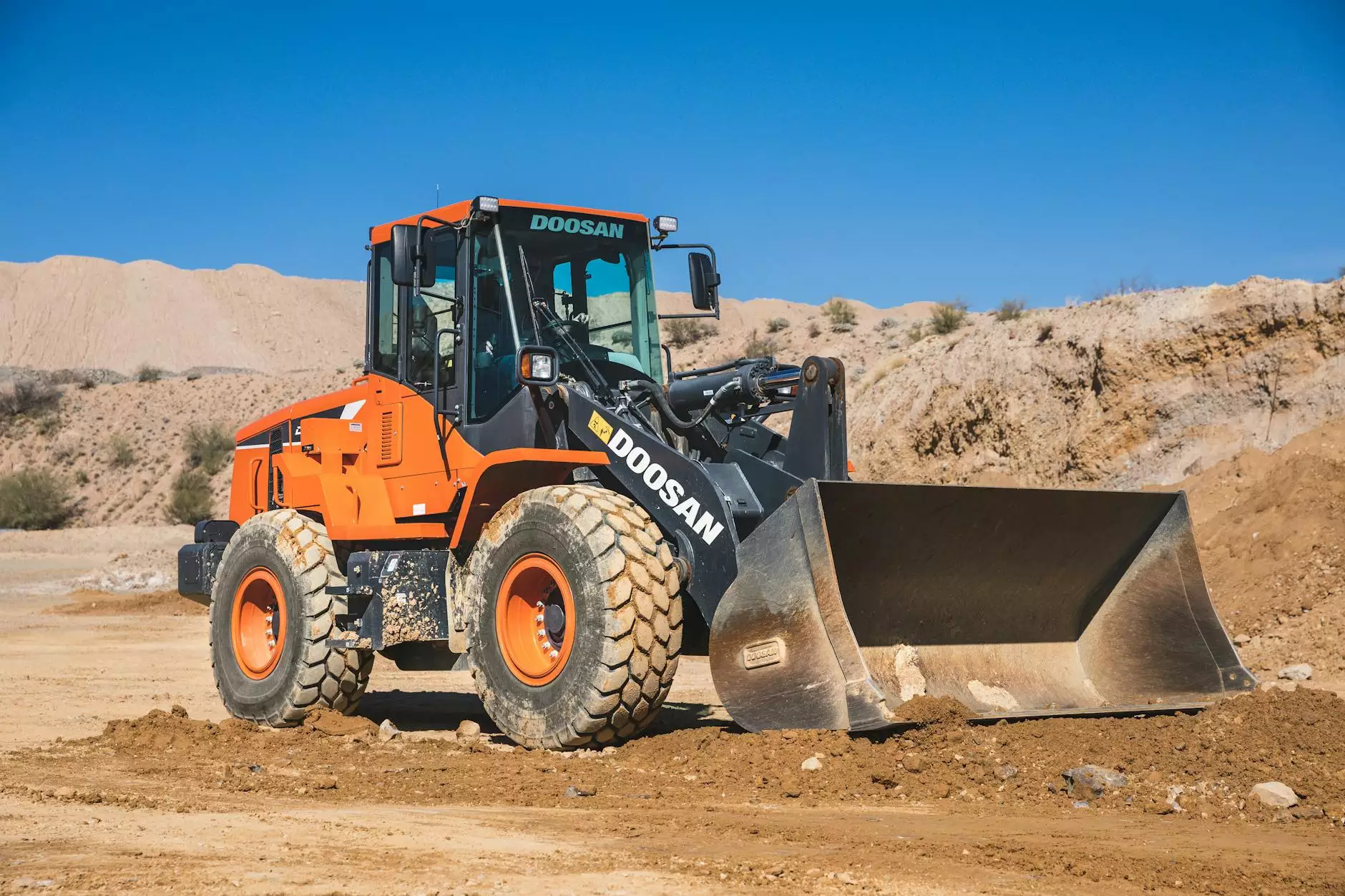Understanding Automotive Parts Manufacturers: The Backbone of the Auto Industry

The landscape of the automotive industry is both diverse and dynamic, largely shaped by the contributions of automotive parts manufacturers. These manufacturers are at the heart of vehicle production, ensuring that every component, from the engine to the tiniest bolt, is crafted with precision and meets industry standards. In this comprehensive article, we will explore the significance of automotive parts manufacturers, their impact on the economy, innovations in manufacturing processes, and what the future holds for the automotive sector.
The Role of Automotive Parts Manufacturers
Automotive parts manufacturers are responsible for creating a vast range of components that are essential for vehicle assembly. Their role can be categorized into several key areas:
- Production of Components: They produce parts such as engines, transmissions, brakes, and electrical systems.
- Quality Assurance: Manufacturers implement rigorous testing protocols to ensure that every part meets safety and performance standards.
- Research and Development: They invest in R&D to innovate and improve existing technologies, developing new solutions that enhance vehicle performance and sustainability.
- Supply Chain Management: Effective management of the supply chain is critical, maintaining relationships with suppliers and ensuring timely delivery of parts.
The Economic Impact of Automotive Parts Manufacturers
The automotive parts manufacturing sector is a driving force in the economy, contributing significantly to employment and technological advancement. Here are some key economic impacts:
Job Creation
The industry is a major employer, providing jobs to millions of individuals worldwide. The demand for skilled labor in manufacturing, engineering, and logistics continues to grow, creating robust career pathways in the automotive sector.
Technological Advancements
Automotive parts manufacturers are at the forefront of technological innovation. From lean manufacturing techniques that improve efficiency to the adoption of advanced materials aimed at enhancing vehicle safety and performance, these manufacturers are continually evolving. Innovations in areas such as electric vehicle components and automation are particularly impactful, representing the future of the automotive industry.
Global Trade
Manufacturers often operate on a global scale, contributing to international trade. By exporting parts to other countries, they support global supply chains and foster economic relations between nations.
Types of Automotive Parts Manufacturers
Automotive parts manufacturers can be classified into various categories depending on the types of components they produce:
- OEM Manufacturers: Original Equipment Manufacturers produce components that are used in the assembly of new vehicles. Their parts are often considered the gold standard for quality and performance.
- Aftermarket Parts Manufacturers: These manufacturers produce components that can be used to replace or upgrade parts in existing vehicles. Aftermarket parts can offer cost-effective alternatives to OEM parts.
- Tier 1, Tier 2, and Tier 3 Suppliers: The automotive supply chain is structured in tiers. Tier 1 suppliers provide parts directly to manufacturers, Tier 2 suppliers provide to Tier 1s, and so forth. Each tier plays a vital role in the overall production process.
Key Innovations in Automotive Parts Manufacturing
Innovation is crucial in the automotive industry, and parts manufacturers are leading the charge. Here are some of the most notable trends and technologies:
3D Printing
3D printing technology is revolutionizing the way parts are produced. This technique allows for the rapid prototyping of components, reducing lead times and costs. Complex geometries that were previously impossible to manufacture can now be created with ease, enabling manufacturers to explore new designs and applications.
Electric and Hybrid Vehicle Components
With the rise of electric vehicles (EVs), manufacturers are focusing on creating specialized components such as batteries, electric motors, and regenerative braking systems. This shift not only contributes to sustainability but also opens new markets for parts manufacturers.
Smart Manufacturing and IoT
The integration of the Internet of Things (IoT) in manufacturing processes is enhancing productivity and efficiency. Smart sensors and devices connect machinery to the internet, allowing for real-time monitoring and predictive maintenance, ultimately leading to reduced downtime and increased output.
The Future of Automotive Parts Manufacturing
Looking ahead, the landscape for automotive parts manufacturers is set to evolve dramatically. Some of the anticipated trends include:
Sustainability and Eco-Friendly Manufacturing
As the world focuses more on sustainability, manufacturers are being urged to adopt eco-friendly practices. This includes using recyclable materials, reducing waste during production, and optimizing energy use throughout the manufacturing process. The future will likely see a higher demand for green parts and sustainable manufacturing practices.
Increased Automation and AI
Automation and artificial intelligence are poised to further transform the industry. With the adoption of robotics and AI-driven processes, manufacturers can achieve greater precision and efficiency while minimizing human error. This shift will also require a change in workforce skills, focusing on technical competencies that can harness these advanced technologies.
Consumer-Centric Approaches
As consumer preferences continue to evolve, manufacturers must become more agile and responsive. Providing customizable solutions and enhancing the customer experience through direct engagement and feedback loops will become essential components of a successful business strategy.
Challenges Facing Automotive Parts Manufacturers
Despite the promising future, automotive parts manufacturers face several challenges that must be addressed to thrive in the ever-changing marketplace:
- Supply Chain Disruptions: Global events, such as pandemics and geopolitical tensions, can significantly disrupt supply chains, impacting production and delivery timelines.
- Technological Upgrades: Staying updated with rapid technological advancements requires continuous investment in machinery, training, and innovation.
- Regulatory Compliance: Adhering to evolving regulations regarding safety, emissions, and labor can present challenges for manufacturers.
Conclusion
In summary, automotive parts manufacturers are an indispensable part of the automotive ecosystem. Their contributions to production, innovation, and economic development cannot be overstated. As the industry faces new challenges and embraces opportunities, the importance of these manufacturers will continue to grow. Investing in technology, sustainability, and consumer relationships will be key to navigating the future successfully. Whether you are a manufacturer, supplier, or consumer, understanding the impact and evolution of automotive parts manufacturing is essential in today’s fast-paced automotive world.
For more information about high-quality auto parts and supplies, visit imautoparts.com.









